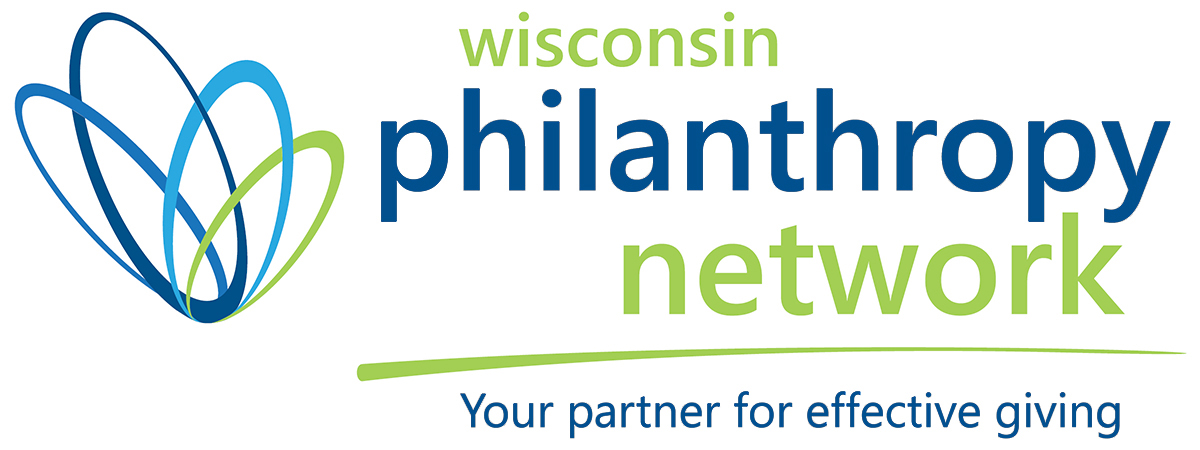We are in a moment of great pain and opportunity.
The combined crises of the COVID-19 pandemic and uprisings against law enforcement have exposed the broken parts of our systems and institutions in an unprecedented way.
Philanthropy has an opportunity to respond to these gaps with courage. Black-led organizations fighting for social justice have repeatedly explained the need for more funding and better relationships with philanthropy. For decades our sector has been aware of health and resource disparities that led to disproportionate impact of COVID-19 pandemic.
In our newest issue of Responsive Philanthropy, our authors invite us to act boldly on best practices and shift priorities to support organizations who work to correct the weak points in our society.
The COVID-19 crisis and political reset: Wielding philanthropic power for a just recovery
Rev. Dr. Starsky Wilson of the Deaconess Foundation reminds us that now is the time to be explicit about race, anti-Blackness and racial equity. Funders can use communications platforms and advocacy resources to help movement leaders push policy beyond what is pragmatic for a just-recovery.
The people are beautiful, already
Nichole June Maher of Group Health Foundation urges philanthropy to find the willpower to wield its social, political and economic power and acknowledge its ongoing role in social inequities.
The coolest equity-focused family foundation you’ve probably never heard of
Aaron Dorfman, NCRP CEO, shares reflections from Satterberg Foundation grantees about a model that other family foundations can follow. A popular and helpful practice that every foundation could do, especially in moments of crisis, is increase payout.
From protest to political power: Why we give to 501(c)4 organizations
Finally, we hear from several funders and donors about why they give to 501(c)4 organizations, a critical strategy for supporting organizations that fight to correct broken systems.




